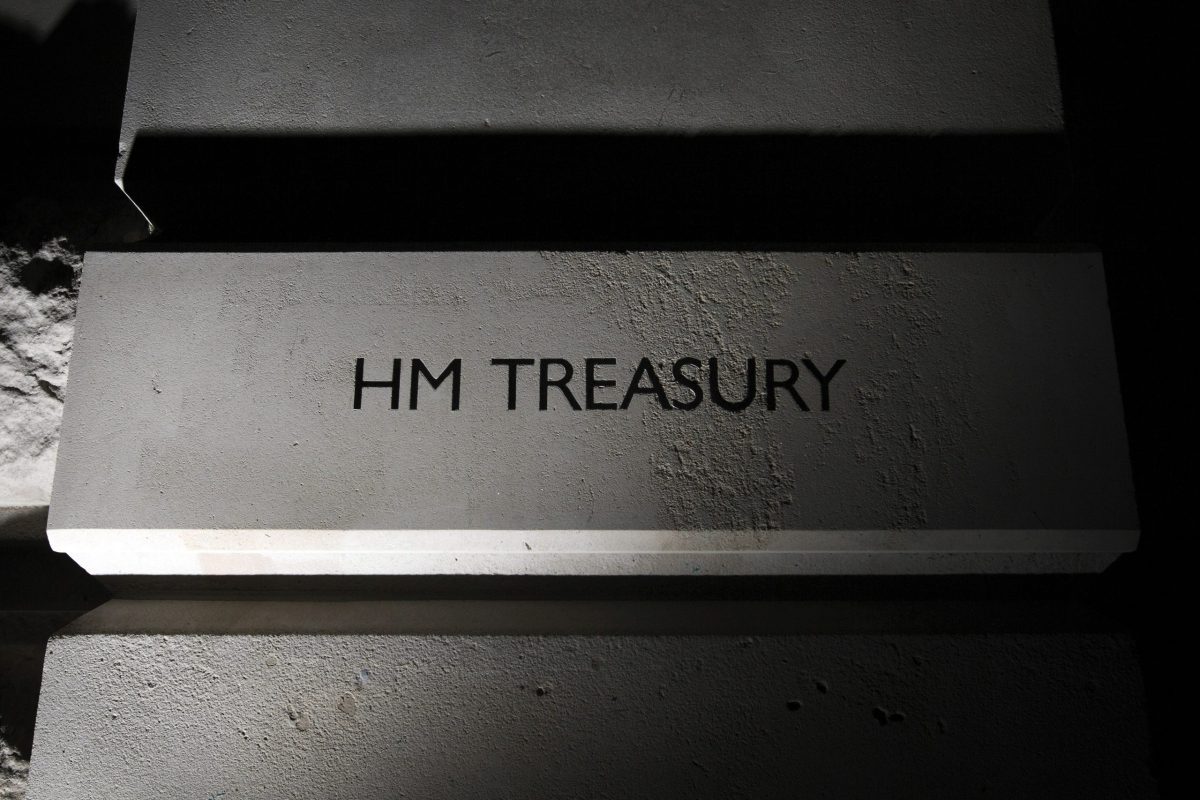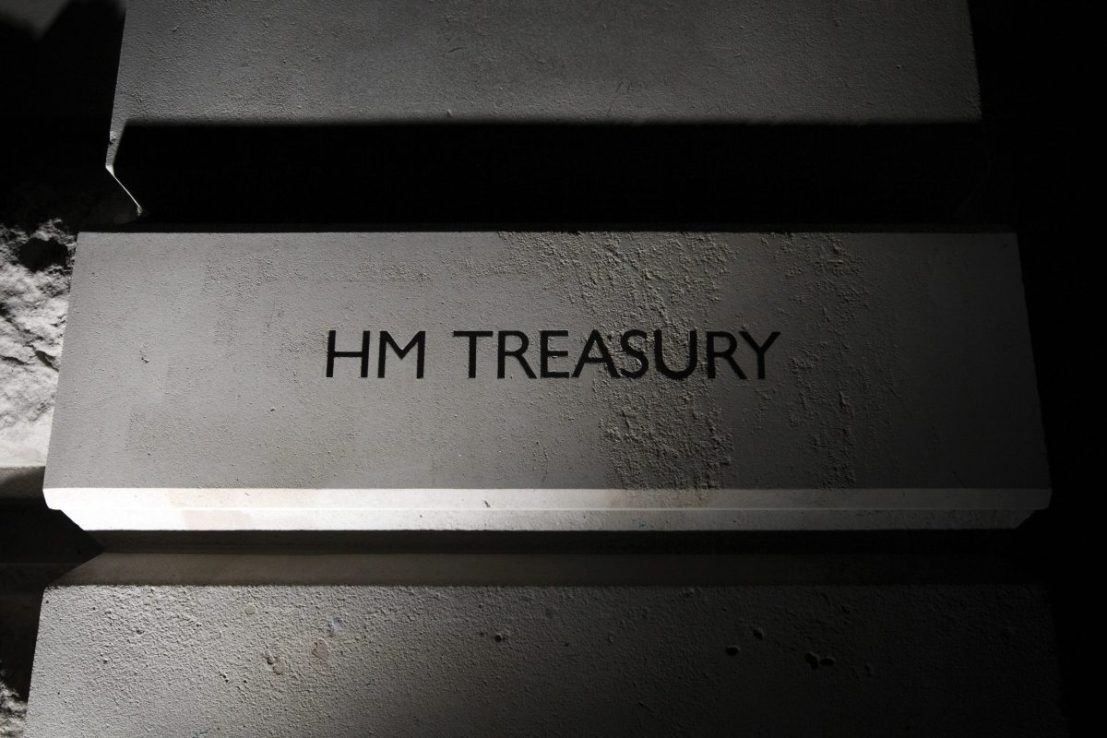The UK is suffering from financial long Covid
We may have ditched the testing swabs and face masks, but the impact of the Covid-19 pandemic is still being felt. Quite understandably, we’d rather consign that era to history, but the scale of the costs incurred makes that impossible. The official inquiry is attempting to get to grips with questions of preparedness, decision making [...]


We may have ditched the testing swabs and face masks, but the impact of the Covid-19 pandemic is still being felt.
The official inquiry is attempting to get to grips with questions of preparedness, decision making in the crisis, the response of the NHS and the government’s policies.
It’s possible that the conclusions of this inquiry, not expected until 2027, will contain some useful findings but its main purpose seems to be as a form of stage-managed catharsis.
As the inquiry trundles on, occasional flare ups of publicity accompany a new chapter but on the whole it exists now as background noise. Just another lumbering function of officialdom.
Meanwhile, we do not need a Covid inquiry to see the impact of cancelled operations or cancer tests on the nation’s health any more than we need it to raise the alarm over the tens of thousands of children who never returned to the classroom once schools reopened.
Consider a snapshot of the first nine months of the pandemic; between April and December 2020, the government borrowed £270bn, which was £212.7bn more than the same period in 2019.
About another £200bn was borrowed in 2021, which was before the energy price shock and the tens of billions the government spent absorbing the impact of that.
And ministers expect us to believe that all our current difficulties stem from £22bn of shoddy Tory spending plans. Long covid exists in a real financial sense, whether the government talks about it or not.
To top it off, working from home, another great pandemic legacy, remains an unsettled debate thanks to the government’s reform agenda.
Even if most businesses have by now found a balance that suits them, the business secretary still thinks it’s the state’s role to legislate in this area and that companies insisting on office-based work have got it wrong. Four and a half years after the onset of the pandemic, we are not remotely free of its grip.



